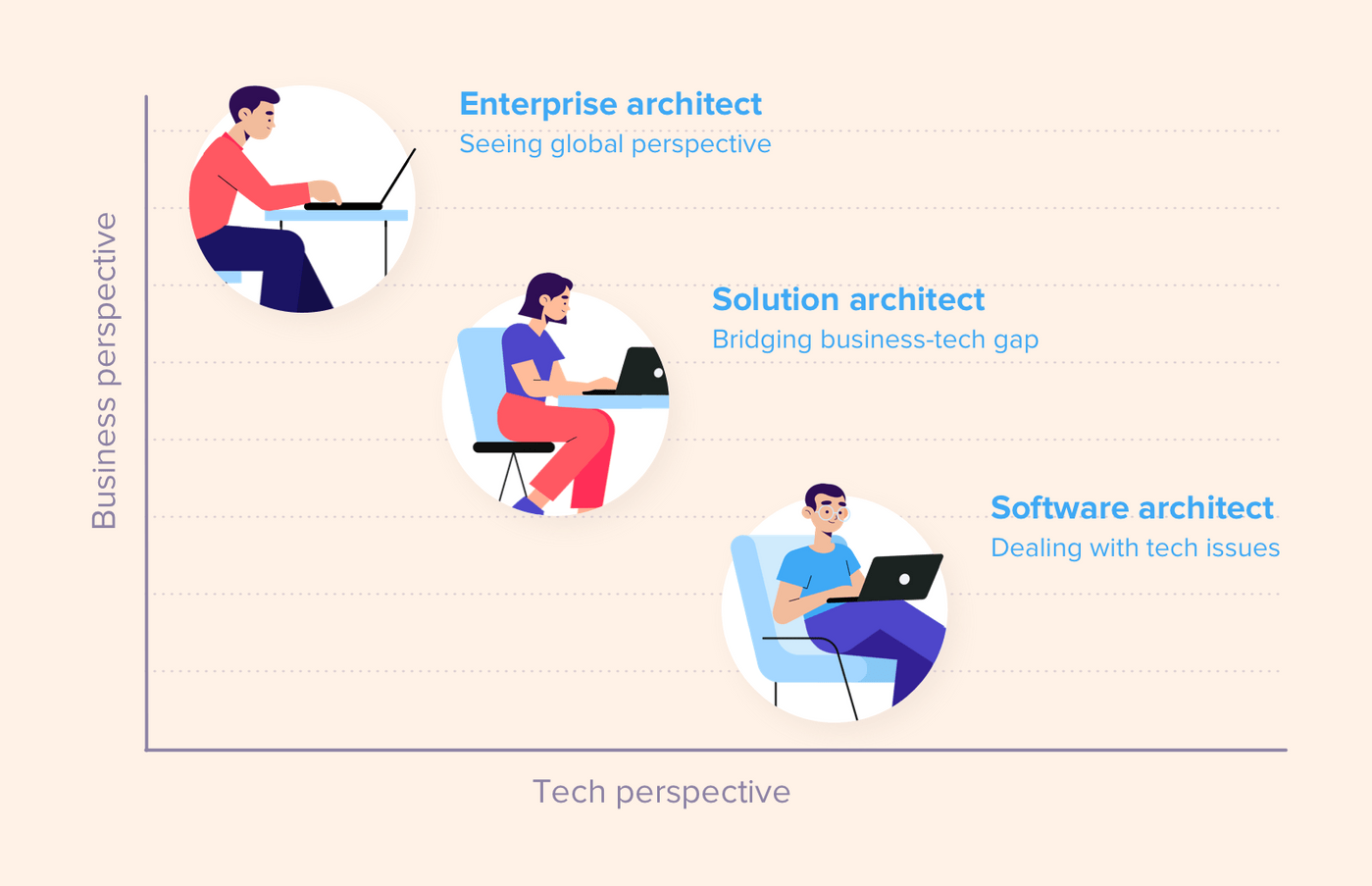If one looks with a distant vision, Data Architects are very much similar to architects which we commonly know. While the traditional architects draw blueprints of houses, offices, buildings, etc., the data architects are those who design the blueprint for an organisation and its data management systems. However, these data architects also draft the data management frameworks to meet business and technology requirements, while ensuring data security and compliance with regulations.
The demand for professionals in this domain is increasing with the increasing popularity of data in multiple sectors. Businesses are now using data for understanding the market requirements, trends, and their customers. Also, such businesses have been observed to have a better success rate than their competitors who are still working with traditional ways. Thus, more and more students are now looking to upgrade their skills through a PG in Data Science or allied field.
Currently, there are about 26% companies which have fully adopted a data-driven culture. Still, this is a low percentage as these companies are able to use only 12% of their data, while the rest goes unanalyzed. The wastage of data highlights the importance of data architects who can do justice with these reserves. These people are the foundation for big data analytics and help to manage the large amount of data so that it can be analysed for business purposes. Thus companies are hiring data architects to design and handle their data management systems.
There are many students who are now looking up to this career role, though many of them are not aware of what exactly they would be required to do. Often the charm overpowers the day-to-day responsibilities. So let’s read in detail about what exactly this role is and what you would be required to do as a Data Architect.
Who is a Data Architect?
- Data architects are IT professionals who use their computer science and designing skills to review and analyse the data infrastructure of an organisation.
- They plan databases and implement solutions to store and manage data for the organisations.
- They are generally responsible for designing and maintaining the company’s data architecture.
- They study the business needs and requirements and create a technology roadmap or a blueprint to make data accessible for everyone in the organisation.
Why Become a Data Architect?
The role of a data architect is one of the highest paying jobs in the big data and cloud computing industry. It is highly in demand and the supply is much lower compared to the expectations of prospective employees.
Demand
- According to the US Bureau of Labour Statistics, the employment of data architects is projected to grow by 8% from 2020 to 2030, which is as fast as the average of all occupations.
- There will be around 13,900 openings generated every year for the post of data architects.
- Employment websites like Indeed, Naukri.com, etc, show that a variety of industries like finance, healthcare, technology, pharmaceutical, etc. have job positions for data architects.
Rapid Growth
- Currently, data is an essential tool for the growth of organisations. The industries dealing with data and databases are in need of data architects.
- Big tech giants like IBM, Oracle, Infosys, TCS, Accenture, Cognizant, Amazon, etc. hire experienced data architects at high salaries.
Salary
- The salary of a data architect is one of the highest paying jobs in the current times.
- Based on the data of payscale.com, the average salary of a data architect in India is ₹20,28,715.
Responsibilities of a Data Architect
Data Architects handle several responsibilities in an organisation which can differ based on the requirements. Some common responsibilities that a data architect handles are listed below.
- Database Architecture – They design, document, and implement data models for database structures, analytics, and AI applications.
- Improve Functionality – They determine upgrades and improvements to the current data architecture. They also integrate new systems and functions like security, performance, scalability, reliability, and data recovery.
- Technical Specification – They have to understand the business requirements and translate them into technical specifications. Some of such specifications include data streams, integrations, transformations, databases, and data warehouses.
- Data Flow – They keep a check of which parts of the organisation generated data, which department requires data for functioning, etc. Based on all these requirements, they envision data pipelines and manage the data flow through the enterprise.
- Security and Performance – They develop measures to ensure that the company’s database is secure. They continuously monitor, refine, and report the data management systems to check their performance and maintain their integrity.
- Data Strategy – They develop data strategy along with the management team and the IT team to meet the company’s needs.
- Collaboration – They collaborate and coordinate with multiple departments, stakeholders, partners, and external vendors to understand the business requirements.
Data Architect Skills
There are some key skills which any Data Architect professional should possess to properly execute day-to-day responsibilities. Some of the crucial skills among these have been explained below for your reference.
- System Development – Data architects should be able to understand the system development life cycle, requirements, design, and test techniques.
- Data Modelling and Designing – This is a mandatory skill for data architects. They should have skills to use the data modelling tools like Erwin or Visio to visualise metadata and database schema.
- Emerging Technologies – They should understand established data management and reporting technologies, and have some knowledge of columnar and NoSQL databases, predictive analytics, data visualisation, and unstructured data.
- Soft Skills – They should have good communications skills and should be able to work in a team. They should be able to conceive and portray a big picture to others.
Currently there is a huge demand for data architects, but as this is a new career in the market, the supply of skilled data architects is low as compared to the demand. So this is a great opportunity for those who have the required skills. Candidates with bachelors in computer science or related field are eligible to apply for this course. For beginners, mandatory skills can be acquired through online courses from websites like Coursera, Codecademy, edX, Udemy, Simplilearn, etc.




